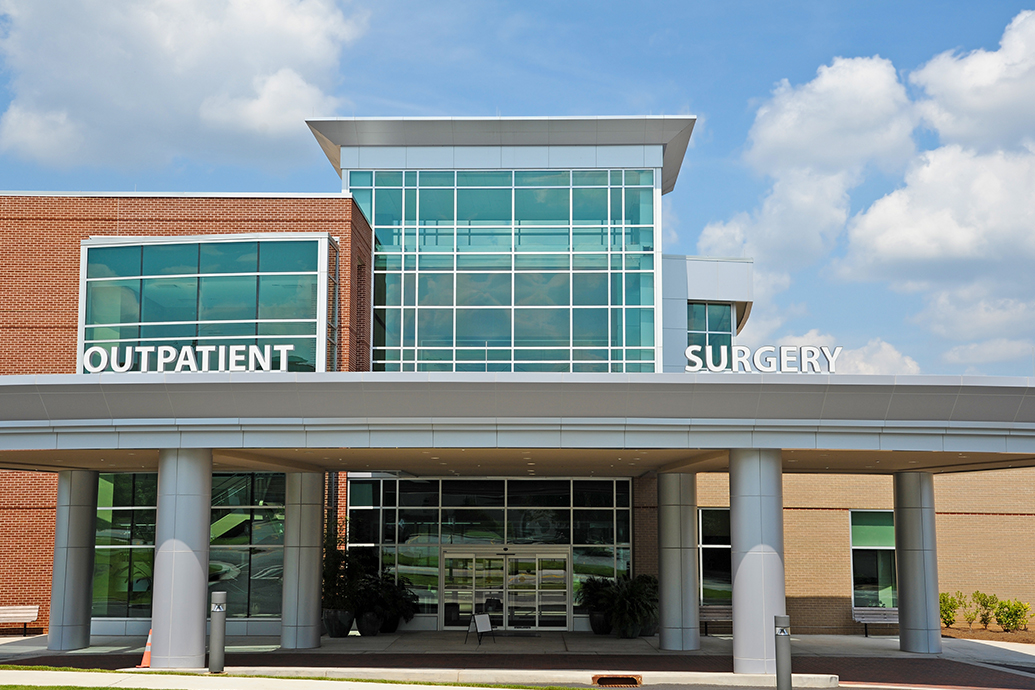The Top 6 Failures Leading to Lawsuits Against Ambulatory Surgery Centers
Whether it is a minor routine procedure or a major surgery, going under the knife may bring about a sense of nervousness. Most surgeries progress without a complication in sight. However, mistakes may happen in both hospitals and ambulatory surgery centers, leading to critical or deadly patient care errors.
What is ambulatory care?
Ambulatory, or outpatient, care is offered nationwide for a variety of outpatient medical settings without admittance to a hospital or primary care facility. Many people resort to ambulatory surgery centers for their low-cost and convenient schedules for same-day surgery and routine procedures such as a colonoscopy.
At Zevan Davidson Roman, we have seen even the simplest medical procedures result in error. If you believe you or a loved one was harmed by a surgical mistake at an ambulatory care center, you may be entitled to compensation for lost wages, medical bills and other damages if your doctor failed to conduct their required steps during your care.
The Top 6 Failures Explained
While ambulatory surgery centers have an element of convenience, they are not without fault. According to an investigation led by USA Today and Kaiser Health News in 2018, over 200 patients died from routine procedures conducted at surgery centers across the country. Many people may look to under-trained staff, a lack of initiative and failed government oversight as reasons to distrust ambulatory care centers. However, there are many ways procedures may not go as planned.
1. Failure to Diagnose
A failure to diagnose is a fairly common medical malpractice lawsuit filed when a medical practitioner fails to diagnose symptoms or check for additional complications. For example, if you went to an ambulatory care center for symptoms of appendicitis and they gave you a clean bill of health even though something was obviously wrong, they may be at fault for not properly diagnosing your condition during your evaluation.
2. Failure to Intervene
Doctors and their care team must act quickly if a change occurs. For example, if the ambulatory surgery center you or your loved one visited for a hernia surgery did not quickly intervene when the procedure went awry, there may be a case against the medical team for failure of improper intervention.
3. Failure to Perform
After an accurate diagnosis, many treatments require immediate surgery, medications or tests. If your ambulatory surgery center’s care team did not order the tests or you received untimely care as a result of their diagnosis, you may have a case for a breach in the standard of care. All doctors and medical practitioners take an oath to follow a strict standard of care for all their patients, and if they do not they may be subject to a medical malpractice lawsuit.
4. Failure to Adhere to Policies & Procedures
A risk in going to ambulatory surgery centers over hospitals is they are not as fully equipped for some surgeries as an emergency room or standard operation room. However, each center should follow the same standards for preparing their patient for a procedure and conducting care after surgery. Policies and procedures that should be followed are:
- Collecting patient information such as insurance, waivers and medical history
- Cleaning and disinfecting patient rooms and operating areas
- Prescribing and administering the necessary medications for procedures
If these standards are not met, it may be grounds for a breach in a required medical policy and procedure.
5. Failure to Provide Surgical Equipment
In some instances, ambulatory surgery centers do not prepare or equip their staff members with necessary equipment and life saving training that is required in a hospital setting. While these centers are known for quick medical attention and convenient scheduling for routine procedures, they are not necessarily required to have every piece of equipment a hospital may have. It is a responsibility of the ambulatory care center to quickly call an ambulance or transfer your case to a hospital if they are not able to treat your condition. If they fail to act quickly or recognize they do not have the proper equipment to treat you, they may be liable for a lawsuit.
6. Failure to Notice and Remove a Foreign Body
A retained foreign body is any object that is left inside a patient’s body following a surgical procedure. Common materials accidentally left behind during surgery are towels, surgical gloves, sponges or medical instruments. According to NIH, “there are an estimated 1,500 cases a year in the United States where a foreign body is left behind during surgery.” While accidents may happen, it does not discredit the trust you place in your doctor to properly perform your or a loved one’s procedure. If your medical provider overlooks a foreign object before finalizing your procedure, you may have cause to file a lawsuit for their mistake.
Take the Next Step with ZDR’s Medical Malpractice Attorneys
When you are injured or need medical care, you place your trust in the providers you visit regardless of the timing or location. Ambulatory Surgery Centers have a duty to treat their patients to their highest capability and act quickly to transfer you if they cannot suit your needs. If they fail to exercise the correct care or procedures, our medical malpractice attorneys are ready to guide you through the claim process.
Learn more about our recent cases and how our team of medical malpractice lawyers can help you recover with the compensation you deserve.
Missouri Medical Malpractice Lawyer
If you have suffered as a result of medical malpractice, contact our legal team right away. Waiting to seek legal representation can prevent you from filing a claim and receiving the compensation you deserve.
Contact Zevan Murphy today.

